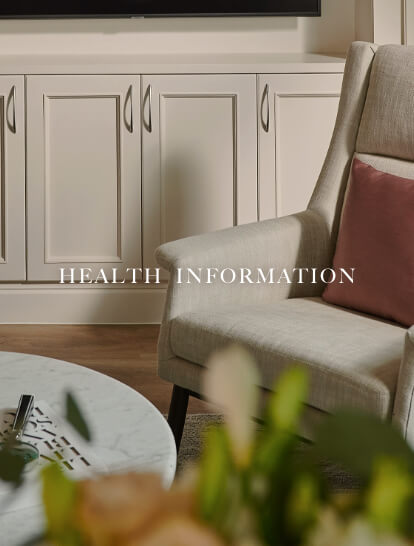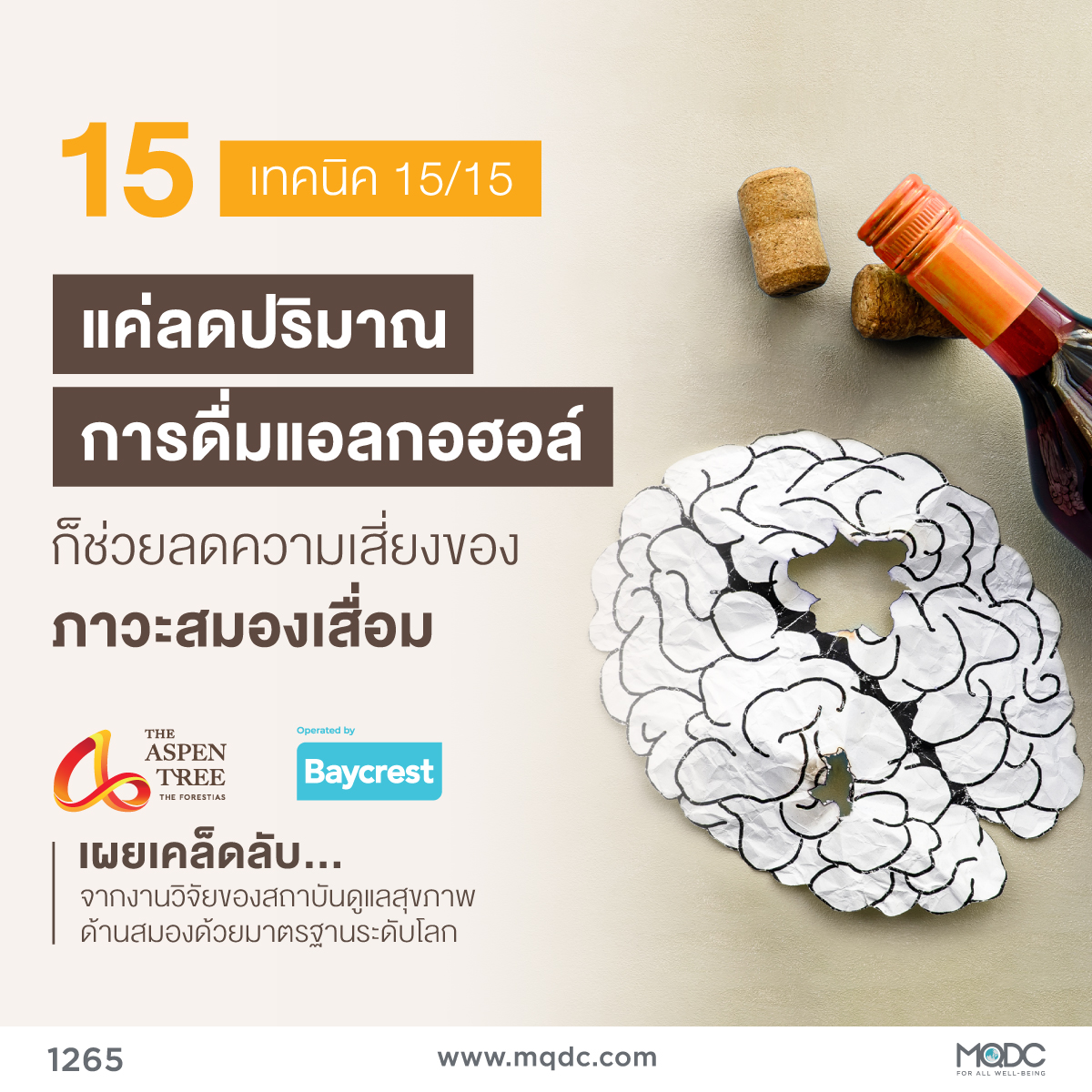Alcohol is a highly addictive substance that humans have consumed for centuries. It’s well known for its social and entertainment effects, helping create a fun atmosphere, overcome shyness, and relieve stress. But alcohol is also known to harm health. In the long term, it can cause many diseases. Alcohol’s effects on the brain include dementia.
How Alcohol Affects Your Body
In the short term, alcohol can make us drunk. It can be absorbed directly without having to go through a digestion process, entering the bloodstream fast. The effects depend on the concentration of alcohol in the blood. The organs most affected include the vascular system, brain, kidneys, and liver.
- Vascular system: Alcohol dilates blood vessels, making drinkers blush, feel hot, and have lower blood pressure.
- Kidneys: Alcohol has a diuretic effect, causing drinkers to urinate more and become dehydrated.
- Liver: As the main organ for breaking down alcohol, the liver will work hard when you drink a lot.
Excessive consumption of alcohol can also cause hangovers.
In the long term, alcohol increases the risk of diseases including heart disease, arrhythmia, high blood pressure, stroke, fatty liver, hepatitis, cirrhosis, pancreatitis, oral cancer, esophageal cancer, liver cancer, breast cancer, and colon cancer.
By weaking the immune system alcohol can also make the body more vulnerable to infection.
How Alcohol Harms Your Brain
Short-Term Effects
Alcohol depresses brain function. It reduces self-control and worrying thoughts. It slows decisions and reactions. Alcohol also affects mood, varying from person to person. Some people might have fun. Others might become aggressive, sad, or depressed. The higher the concentration of alcohol in the bloodstream, the more greater the depressing effect on the brain. Behavior and actions might become disjointed, such as with slower speech, blurred vision, poor balance, unconsciousness. Driving while intoxicated can be very dangerous.
Long-Term Effects
Excessive alcohol consumption can cause blackouts. Drinkers lose their memory of events because alcohol inhibits the transfer from short- to long-term memory, known as memory consolidation. This process occurs in the hippocampus, the brain's main center for memory.
Chronic alcohol use has long-term effects on brain structure and function, affecting brain performance. This can lead to alcohol use disorder (AUD). Drinking alcohol also changes the brain's ability to think, feel, and behave. It has also been found that drinking too much alcohol increases the risk of dementia.
Alcohol and Dementia
Dementia is a group of symptoms that reduce cognitive ability and the ability to live independently. Dementia affects memory, thinking, behavior and the ability to perform daily task. It’s an important reason why elderly people cannot live on their own.
Various data suggests that drinking alcohol is a risk factor for dementia and cognitive decline. Research in 2019 from studies into alcohol and dementia found that light to moderate drinking during youth tends to reduce the risk of cognitive decline and dementia. But drinking too much alcohol increases the risk of brain disease. Heavy alcohol use affects the brain’s structure and makes it shrink. Symptoms of cognitive decline and dementia were also found.
How to Drink Safely for Your Brain
Dr. Howard Chertkow of the Rotman Research Institute by Baycrest, a world-class research center and Canadian eldercare provider, has tips on drinking safely for your brain: You should drink no more than half a glass of wine per day or no more than 1 standard drink (10 milliliters of alcohol):
- Beer (5% alcohol): just 1 can or small bottle
- Spirits (40% alcohol): just 1 shot glass
Summary
Research shows that drinking alcohol has both short- and long-term effects on the brain. It also affects cognitive abilities, memory, emotions, and behavior. Regular use of alcohol, especially in excessive amounts, increases the risk of dementia, including Alzheimer's.
Avoiding excessive alcohol reduces the risk of dementia and improves your brain health in the long run.
A Healthy Body, Mind, and Brain Is the Best Gift at 50+ in The Aspen Tree at The Forestias Operated by Baycrest with Holistic Lifetime Care
Advanced medical technology now helps us live longer. But the most precious gift as an older adult is good health to live a free, meaningful, worry-free life.
This concept inspires The Aspen Tree at The Forestias. The community has been designed and developed with research leaders and world-class senior healthcare experts such as Canada’s Baycrest to meet your every need.
You’re part of a multi-generation forest district at The Forestias and you have full healthcare services for Holistic Lifetime Care. As well as complete facilities you have the Health & Wellness program to enhance your lifestyle with yoga, swimming, singing, playing music, meditation, outdoor fitness, hydrotherapy, and lots more to boost your physical, mental, and brain health.
The Aspen Tree at The Forestias project area also has a Health & Brain Center that provides health services and delays the onset of dementia. We have a team of specialists taking care of your health 24 hours a day to give you peace of mind. and have good health holistically
Live free from worries in the free time of life. Let's discover the perfect life together.
Find out more CLICK https://mqdc.com/aspentree
Call 1265
LINE OA: @TheAspenTree or CLICK https://mqdc.link/3Emhkde
References
- https://www.youtube.com/watch?v=6DogyYS5o5M
- https://tspace.library.utoronto.ca/handle/1807/93510
- https://www.nidirect.gov.uk/articles/what-happens-when-you-drink-alcohol
- https://www.nidirect.gov.uk/articles/what-happens-when-you-drink-alcohol#toc-6
- https://www.niaaa.nih.gov/publications/alcohol-and-brain-overview
- https://www.nidirect.gov.uk/articles/alcohol-units









